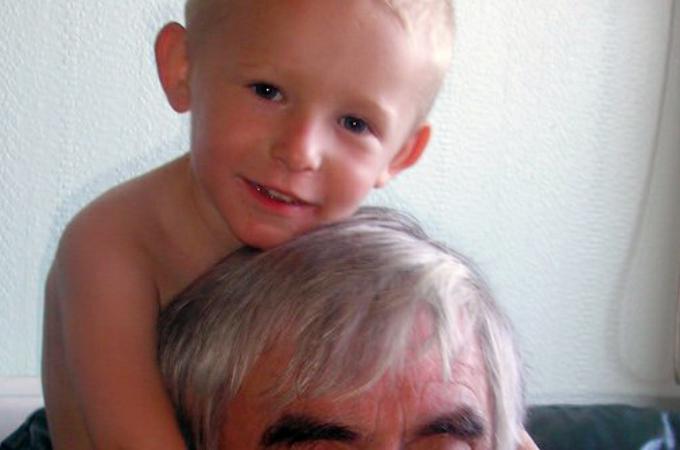A new perspective
For a brief moment when we're born, we're the youngest person on the planet. Then, we grow older.
Every moment we live is nothing more than tomorrow's history. Babies born today will have no memory of the events we witness firsthand. Whether it's the 2016 election, or the Kardashians or the "Hamilton" phenomenon, they will look back on these events the same way you look back, if at all, on George W. Bush and Al Gore, "The Simple Life" or "Rent."
No one knows this better than Emma Morano. As the oldest person in the world at age 117, she has more firsthand knowledge than anyone else alive.
World Wars I and II? As an Italian citizen, she witnessed them firsthand.
Television, movies, radio? She knows what it was like to see and hear them for the first time.
Indoor plumbing and electricity? She remembers a world where they didn't exist.
Think about the people in your life who are also living time capsules like Emma. Your parents can tell you what it was like to be your age 30 or 40 years ago. Your grandparents can look back 50 or 60 years or even more.
What was the music they liked? What were the clothes they wore? What aspects of everyday life taken for granted today did they live without? What were the trends that are now embarrassing?
What we overlook is more than our relative's lives. We often fail to realize they are more than our connection to their youth; they're a connection to the family who came before them.
Consider the age of many great-grandparents. Many are in their 80s or even 90s, born in the 1920s. Much changed in their lifetime, but they likely remember a lot of that history from hearing stories when they were children. What do they recall?
Someone born in the 1920s had grandparents born in the later part of the 1800s. These grandparents might have heard stories of people who witnessed the Civil War firsthand. Those born in the 1920s had older family members who remembered hearing about the first flight of Wilbur and Orville Wright, and they personally knew how the world changed with the Great Depression.
All of this probably bores a lot of people, but to me it's amazing. It's a connection to history. It makes the past come alive. Our grandparents' grandparents' grandparents lived through the Revolutionary War.
Now, turn that around. Our grandchildren's grandchildren's grandchildren are going to ask some questions of their relatives. How do you think they will answer these questions?
Did you ever hear what it was like in a world without the internet?
How did the change of optimism to fear after 9/11 affect how people cared about each other?
How strange was it to watch entertainment while staring at a wall?
My questions imagining the future are probably all wrong, just as much as the questions Emma Morano would have asked before she lived through what we see as the past.
This Christmas, take a few minutes and think of this perspective as a gift from me to you. When you gather with your family, ask about the holidays of their childhood. Ask who they gathered with every holiday. Rediscover traditions lost over time and understand how they are a connection between yesterday, tomorrow and today.
Right now, for this brief moment, Emma Morano is the oldest living person on the planet. When someone else takes her place, our last living link to the 19th century will be gone. That's why it's so important to take time to truly know those you love.
Trust me, your children and theirs will thank you.
- Erick Rommel is a columnist with the Catholic News Service.



















